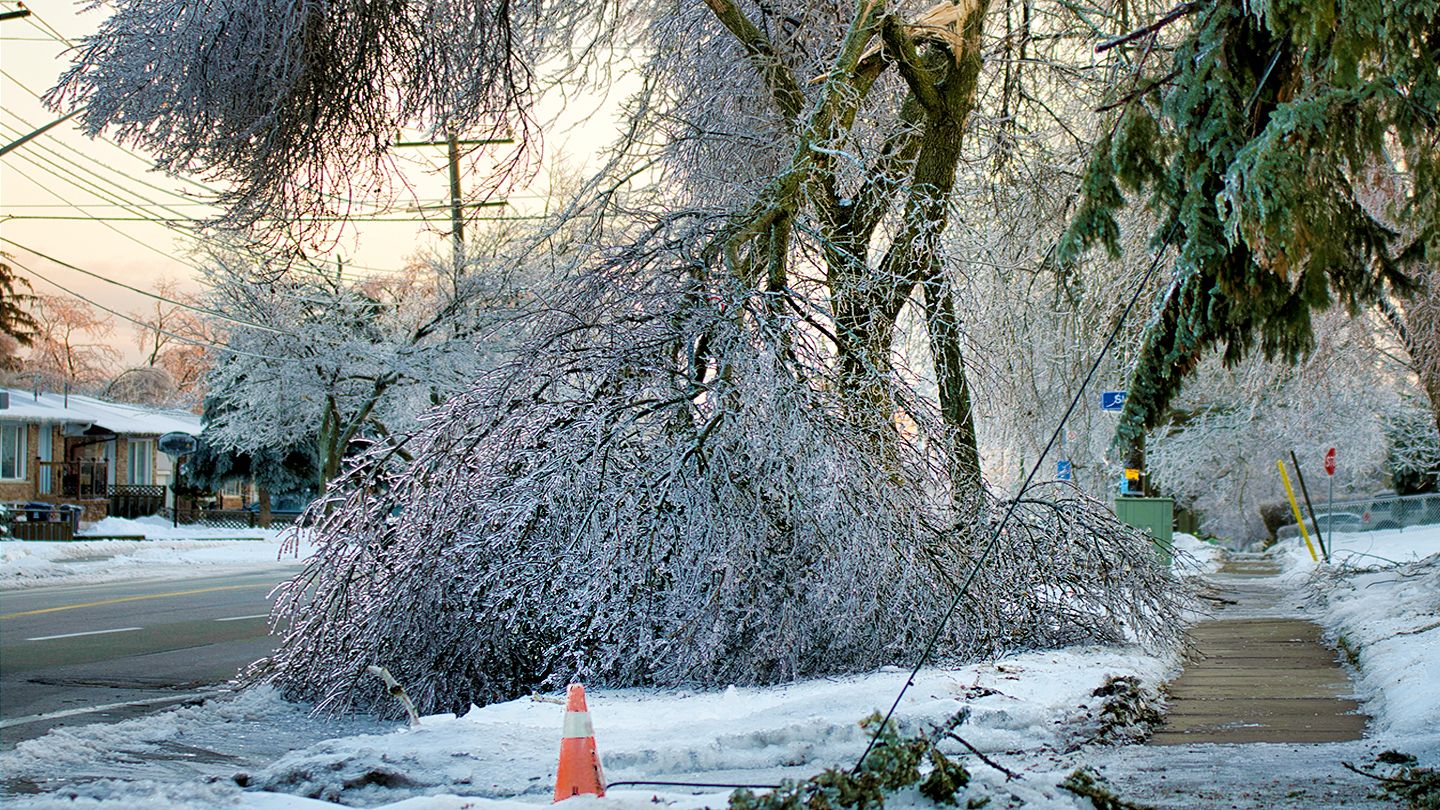
Can Power Outages Lead to False Carbon Monoxide Alarms?
When the power goes out, one of the last things you expect to hear is your carbon monoxide detector blaring. But it does happen, leaving many to wonder if a power outage can actually trigger a false carbon monoxide alarm.
Let's explore what's really going on when your CO detector goes off during an outage. We'll also provide tips to prevent false alarms and stay safe when the electricity fails.
Why Do CO Detectors Alarm During Power Outages?
There are a few reasons a carbon monoxide detector may sound an alarm when the power first cuts out:
- Switching to battery power: The swap to battery backup can cause a brief alarm.
- Circuit failure: Some CO alarms will chirp if their circuitry fails.
- Power surge: A surge when electricity is restored can trigger the alarm.
However, the CO detector will only alarm for these reasons at the beginning or end of an outage. It should not go off continuously throughout a prolonged power loss.
CO Detectors Do Not Accurately Detect Gas Without Power
Carbon monoxide detectors require a constant supply of electricity to operate their sensors. Without power, they can't properly sample the air and detect CO gas.
So if your CO alarm is beeping persistently hours into an outage, it is likely a false alarm rather than an actual dangerous CO buildup.
Why Is There Concern About CO Poisoning During Outages?
Despite the limitations of battery-operated CO detectors, there is valid concern about the risk of carbon monoxide poisoning increasing during power losses for two reasons:
- Increased generator use: More people run portable generators when the power is out, which can produce deadly CO gas if used improperly.
- Hazardous heating methods: Some use charcoal or gas grills, propane heaters, or ovens to stay warm in their home during an outage, again risking CO poisoning.
So while the CO alarm sounding off may just be a false warning, it's still critical to be vigilant about exposure risks. Take steps to prevent CO buildup when the power fails.
Preventing Actual CO Poisoning During an Outage
To avoid falling victim to carbon monoxide poisoning when the electricity goes out:
- Properly ventilate generators: Only run them outside away from windows, doors, or air intakes.
- Do not use gas/charcoal appliances indoors: Grills, stoves, etc. release dangerous levels of CO.
- Open your fireplace flue: Ensure exhaust and ventilation ducts aren't blocked.
- Avoid using the oven to heat your home: Only use it for cooking.
- Check that your CO detector works: Install a battery-powered unit if needed.
Stay alert for symptoms of CO poisoning, including headache, dizziness, chest pain, and nausea. Seek fresh air immediately and call 911 if you think you are being poisoned.
Steps to Take When the CO Alarm Keeps Sounding
If your carbon monoxide detector continues blaring throughout a power outage:
- Check if it needs new batteries. Detectors can emit warnings when battery levels are low.
- Open doors and windows to air out your home just in case. Proper ventilation will dissipate any CO buildup.
- Call 911 if anyone is experiencing symptoms of CO poisoning.
- Assume it is a false alarm if no one has symptoms and you've eliminated other obvious issues like dead batteries.
- Turn off the noise by temporarily removing the batteries until the power returns.
Never ignore a CO alarm, but use caution before evacuating if you believe it is a false warning. Remember, the detector cannot accurately detect gas without power.
Choosing the Right CO Detector for Outages
To ensure your carbon monoxide detector works reliably even when the lights go out, choose the right type:
- Battery-powered: Units powered solely by battery will operate without electricity.
- Battery backup: Models with battery backup kick into battery mode when the power fails.
- Plug-in with secondary alarm: Some plug-in detectors come with a secondary battery-powered alarm.
Opt for long-life lithium batteries in battery-powered or backup detectors. This prevents low battery false alarms during outages.
Also look for CO detectors with a memory display or time stamp that shows you when a warning occurred. This helps identify false alarms.
Where to Install CO Detectors for Safety During Outages
Strategically place carbon monoxide detectors to maximize their effectiveness:
- Near sleeping areas to wake you if gas builds up at night.
- On every level of the home.
- Near potential sources like furnaces, water heaters, and fireplaces.
- In common areas like hallways.
Additional units beyond the recommended one per level provide extra protection. And remember to replace your detector every 5-7 years.
Be Prepared for Power Losses
Take steps to prepare for outages to keep your home safe:
- Stock up on flashlights, batteries, first aid supplies, non-perishable food, and water.
- Keep sufficient fuel for generators and emergency heating.
- Have blankets and warm layers available.
- Ensure your CO detector is in working order with fresh batteries.
- Plan for and safely use alternative light, heat, and cooking sources.
With the right preparations, you can rest easier knowing you are protected in the event of a carbon monoxide emergency during a power outage.
While a false CO alarm can certainly be disruptive and concerning, it's far better to err on the side of caution when it comes to this deadly, invisible threat.
Disclaimer: This article is for informational purposes only and does not constitute medical advice. Always consult with a healthcare professional before starting any new treatment regimen.




